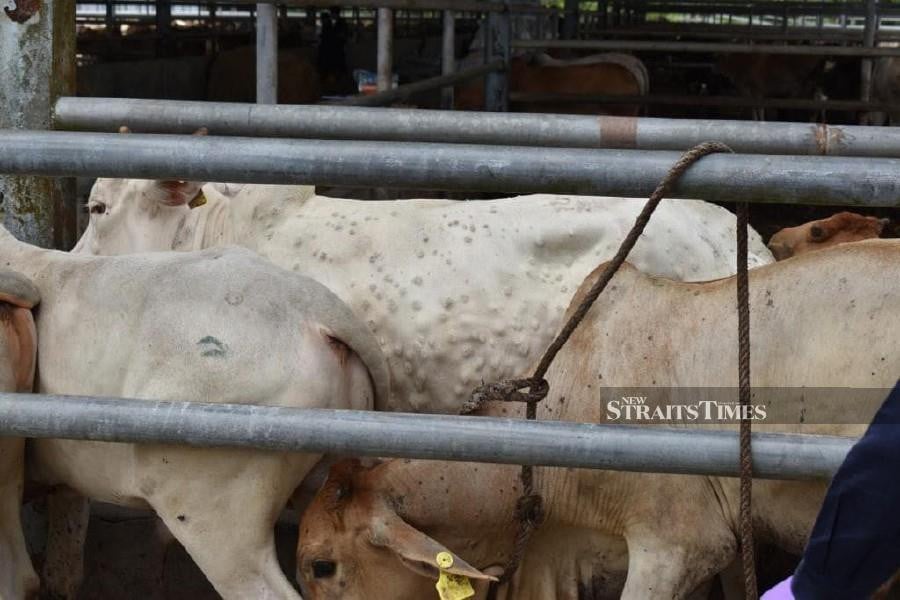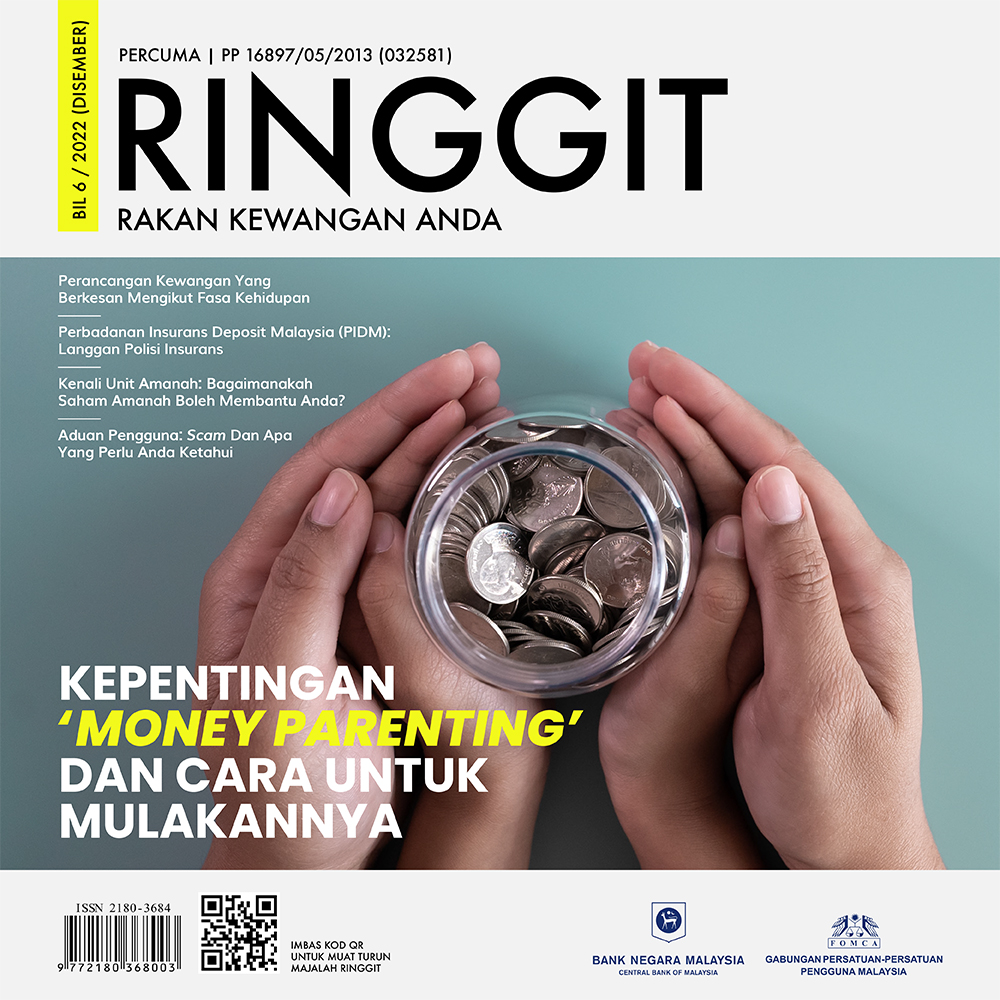 June 10, 2021 @ 9:42am
June 10, 2021 @ 9:42am
GEORGE TOWN: The Consumers' Association of Penang (CAP) has called on the Department of Veterinary Services (DVS) to activate a surveillance programme to detect, control and prevent the spread of lumpy skin disease (LSD) nationwide.
This follows recent reports that LSD, which infects the skin of livestock, was detected in a cattle farm in Simpang Pulai.
LSD is a zoonotic disease (meaning that it cannot infect humans) caused by a type of Capripoxvirus.
The disease is known only to infect cattle and buffaloes.
CAP president Mohideen Abdul Kader said, according to the United Nations (UN) Food and Agriculture Organisation (FAO), the disease was first identified in Africa sometime in 1929 and has since spread to other parts of the world.
He said LSD had reportedly spread in several Asian countries including India, Bangladesh, Nepal, Bhutan, China, Chinese Taipei, Vietnam, and Myanmar and most recently in Thailand.
"The LSD not only causes chronic debility and death in infected farm animals, it also has an economic impact on the world as it disrupts the trade of livestock and livestock products, globally.
"In view of this, CAP calls on the DVS to tighten the conditions for the import of live cattle from abroad in collaboration with the Malaysian Quarantine and Inspection Services Department (MAQIS)," he said today.
Mohideen said the DVS should also take action on any consignment of imported cattle that show symptoms of LSD at the quarantine station.
On Tuesday, the DVS announced a ban on cattle and buffaloes from Thailand after LSD cases were reported in 41 provinces in the country.
It had said that the immediate ban was to curb the transmission of LSD from Thailand to protect the nation's ruminant industry.






